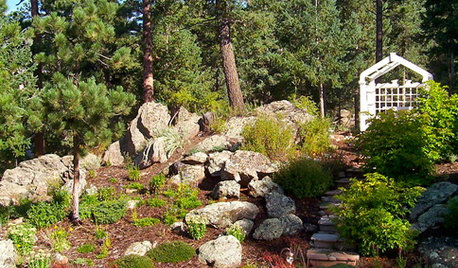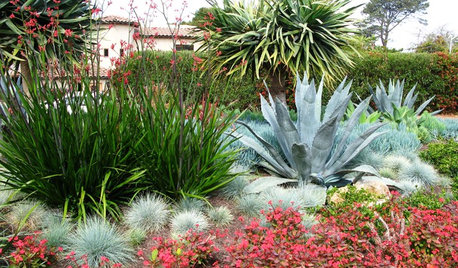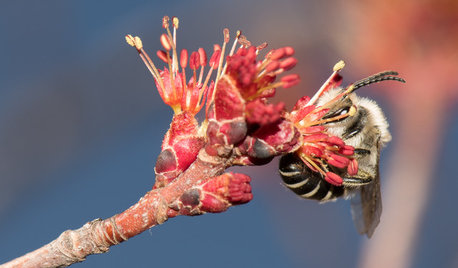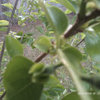Blueberries...soil test results
riverman1
11 years ago
Related Stories

GARDENING GUIDESHave Acidic Soil in Your Yard? Learn to Love Gardening Anyway
Look to acid-loving plants, like conifers and rhododendrons, to help your low-pH garden thrive
Full Story
GARDENING GUIDESGrow a Beautiful Garden in Alkaline Soil
Got alkaline soil? Learn how to manage it and the many beautiful plants that will thrive in this ‘sweet’ soil
Full Story
COLORSpeed-Dial Color Selection to Get the Best Result
You’ve belabored your color decisions and are still stuck. Here is how to evaluate your space and make choices that are right for you
Full Story
GARDENING GUIDESGet the Dirt on Your Garden’s Soil
Understand how your soil supports your plants so you can ensure your garden’s success
Full Story
GARDENING GUIDESGardening Solutions for Dry, Sandy Soils
Has your desert or beachy site withered your gardening creativity? Try these ideas for a beautiful, easy-care landscape
Full Story
GARDENING GUIDESHow to Stop Worrying and Start Loving Clay Soil
Clay has many more benefits than you might imagine
Full Story
FARM YOUR YARDHow to Get Good Soil for Your Edible Garden
The nutrients in your soil feed the plants that feed you. Here are tips on getting it right — just in time for planting season
Full Story
GARDENING GUIDESGardening Solutions for Heavy Clay Soils
What’s a gardener to do with soil that’s easily compacted and has poor drainage? Find out here
Full Story
GARDENING GUIDESThe Poop Scoop: Enrich Your Soil With Good Old Manure
Get over the ick factor already — this natural super-ingredient for soil has so many benefits, you'll wonder why you ever went chemical
Full Story
GARDENING GUIDESInvite Cellophane Bees to Your Garden by Providing Patches of Bare Soil
Look for cellophane bees (Colletes) pollinating flowering trees and shrubs in U.S. gardens this spring
Full Story






Bradybb WA-Zone8
capoman
Related Professionals
Danbury Landscape Architects & Landscape Designers · Wrentham Landscape Architects & Landscape Designers · Williamsburg Landscape Contractors · Tempe Landscape Contractors · Apollo Beach Landscape Contractors · Boca Raton Landscape Contractors · Davidson Landscape Contractors · Fridley Landscape Contractors · Gallatin Landscape Contractors · Harrisburg Landscape Contractors · Hayward Landscape Contractors · Kahului Landscape Contractors · Siloam Springs Landscape Contractors · South Portland Landscape Contractors · West Chester Landscape Contractorsblueboy1977
capoman
riverman1Original Author
gator_rider2
sharppa
Bradybb WA-Zone8
riverman1Original Author
gator_rider2
alan haigh
riverman1Original Author
capoman
riverman1Original Author
ericwi
gator_rider2
Bradybb WA-Zone8
riverman1Original Author
capoman
riverman1Original Author